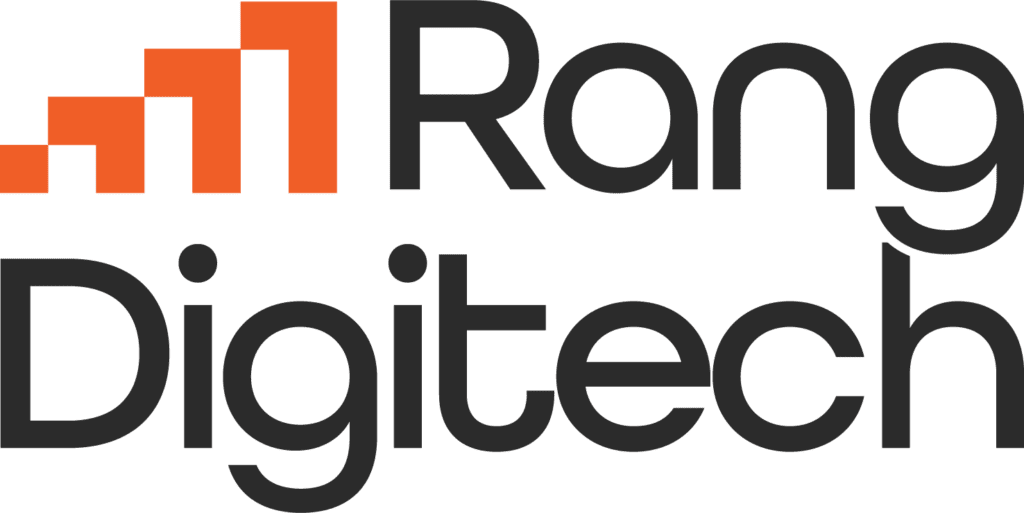
-
204 Views
shares
The digital marketing industry is experiencing a major shift with Google Chrome’s impending phaseout of third-party cookies. With this shift, marketers are faced with the challenge of adjusting their strategies to reach audiences effectively, all while maintaining privacy standards.
As third-party cookies, which have long been used to track users across the web, are eliminated, marketers must rely on social media targeting, first-party data, and artificial intelligence (AI) tools to continue engaging with their target demographics.
The Decline of Third-Party Cookies and Its Impact
For years, third-party cookies have been the cornerstone of digital advertising. These cookies allowed marketers to track user behavior across various websites, creating detailed profiles that were used for highly targeted advertising. However, with growing concerns over data privacy and consumer consent, browsers like Google Chrome are phasing out third-party cookies in favor of more privacy-conscious alternatives. This marks a turning point in digital advertising and forces marketers to rethink their strategies.
Social Media Targeting: A Growing Reliance
As the cookie crumbles, social media platforms are set to become even more integral to digital marketing strategies. With extensive user data and powerful targeting tools, platforms such as Facebook, Instagram, X (formerly Twitter), Pinterest, and LinkedIn enable marketers to engage with highly specific audiences. Social media targeting allows marketers to focus on particular demographics, behaviors, interests, and even locations without relying on third-party tracking.
Additionally, social media platforms are increasingly investing in new privacy features that allow advertisers to tailor campaigns while respecting user privacy. For example, Facebook has developed its own measurement tools that help marketers assess ad performance while adhering to privacy regulations. Consequently, social media targeting emerges as a critical pillar in a post-cookie world, offering marketers valuable insights to enhance strategies and foster deeper connections with consumers.
Leveraging First-Party Data: The New Gold Standard
First-party data will be the new gold standard in a world without third-party cookies. First-party data refers to the information businesses collect directly from their own customers and users, such as through website interactions, surveys, or loyalty programs. This data is highly valuable because it is voluntarily provided by consumers and specific to a brand’s audience.
By focusing on first-party data, marketers can build richer, more accurate customer profiles, which can then be used to craft personalized experiences and campaigns. In addition, first-party data is exempt from many of the privacy restrictions that apply to third-party cookies, giving businesses greater flexibility in how they collect and use this data.
AI Tools: Enhancing Personalization and Efficiency
Artificial intelligence (AI) is poised to revolutionize digital marketing in the post-cookie era. AI-driven tools, such as predictive analytics and machine learning algorithms, enable marketers to analyze vast amounts of data and predict consumer behavior with unprecedented accuracy. Marketers can achieve greater personalization of content and offers by utilizing tools that consider customer behaviors, interactions, and stated preferences.
Intelligent systems can analyze users’ previous engagements to offer tailored suggestions of goods or services, thus improving the probability of sales. Additionally, AI can help marketers automate and optimize their campaigns, ensuring they reach the right audiences with the right message at the right time.
Adapting to the New Digital Marketing Reality
With the decline of third-party cookies in digital marketing, practitioners must demonstrate adaptability by embracing emerging technologies and alternative data streams. Effective social media targeting, maximized first-party data value, and the strategic use of AI-driven tools will be crucial for success in this evolving digital space. By embracing these approaches, businesses can engage with their audiences meaningfully while respecting privacy and complying with changing regulations.
Rang Digitech is already helping our clients adapt to this changing digital ecosystem by leveraging cutting-edge tools and strategies. Our focus is on data-driven insights, personalized campaigns, and empowering our clients to succeed in the modern digital marketplace. With the right approach, businesses can not only survive but thrive as we move into a cookie-free future.




